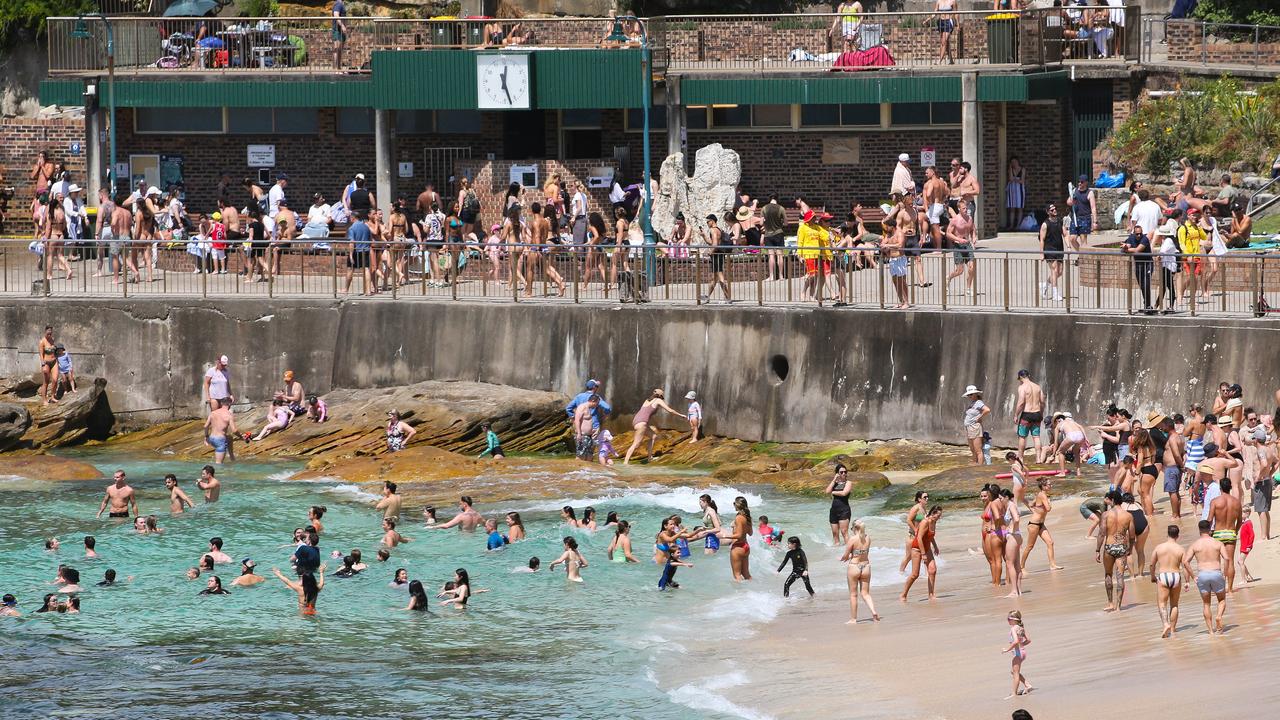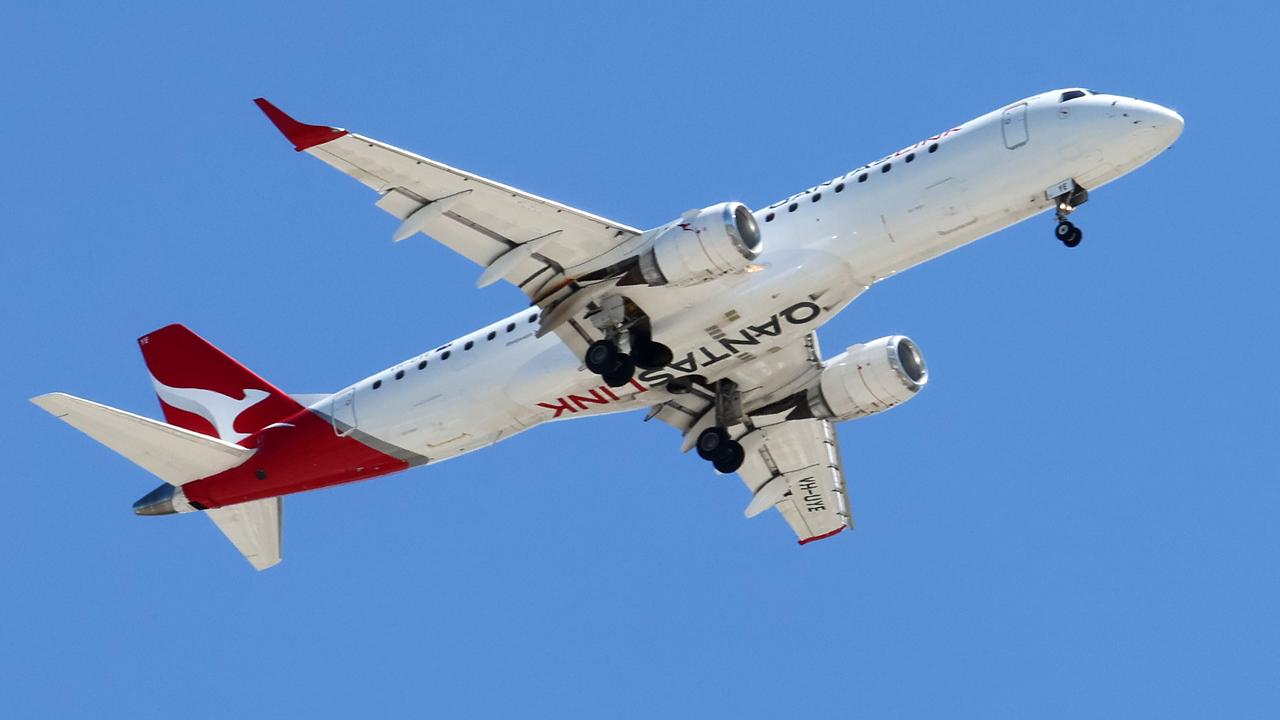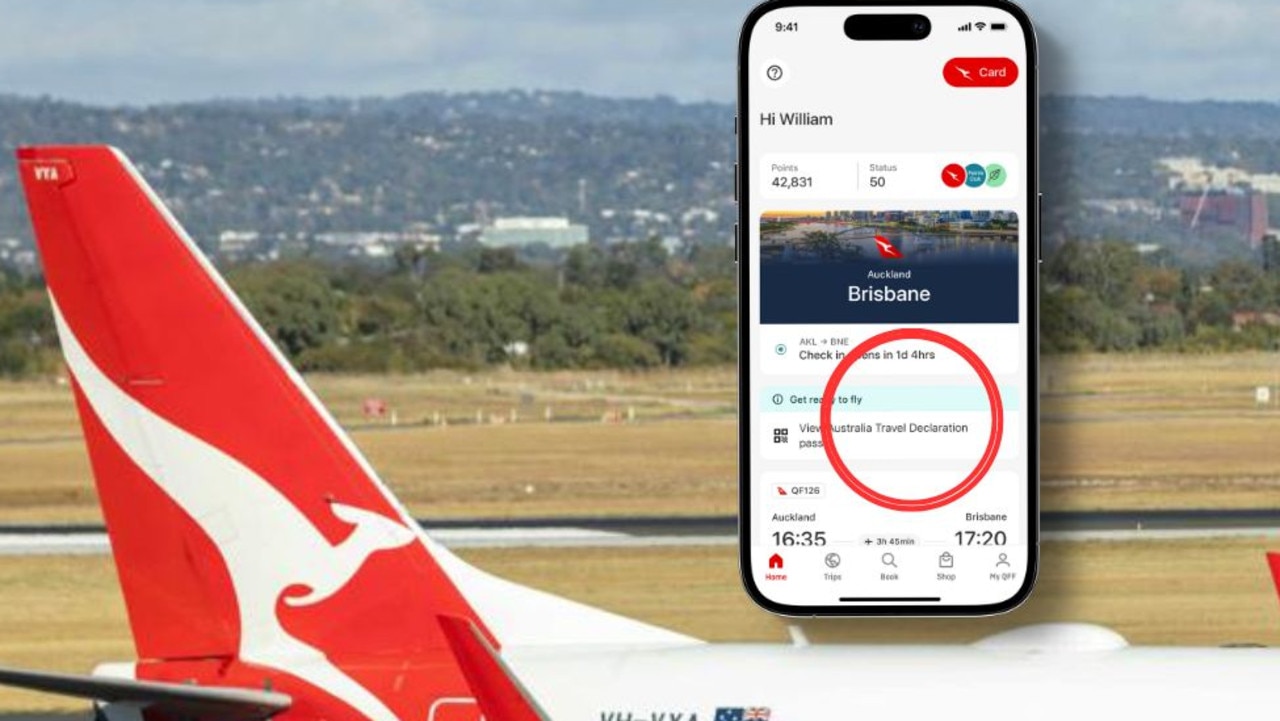Experts reveal how to get the best sleep while travelling
Experts have revealed the simple ways to ensure you get good quality shut-eye while you’re travelling – and some may surprise you.
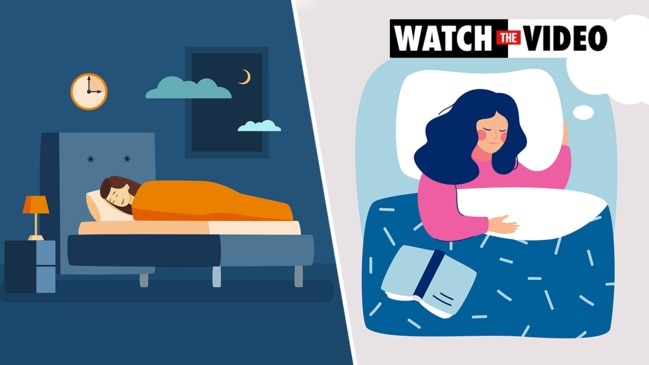
The last thing most people think about when travelling is whether they’re going to get a good night’s sleep.
But let’s be honest – without some good shut eye, it’s pretty hard to enjoy your holiday.
Before you know it your jet lag has kicked in, you have eaten everything in reach and now you can’t be bothered doing all the things you’ve organised well in advance.
The only thing on your mind is how long left until you reach your hotel bed.
Natural sleep practitioner and clinical nutritionist Paul Werndly advises if you persevere and remain active, consume a fairly low carbohydrates diet and drink plenty of lemon water, then when it comes to bedtime, your sleep should be deep and satisfying.
“The biggest factors affecting sleep while on holidays are time zone abnormalities, a change in diet, different sleeping patterns and ergonomics,” Mr Werndly told news.com.au
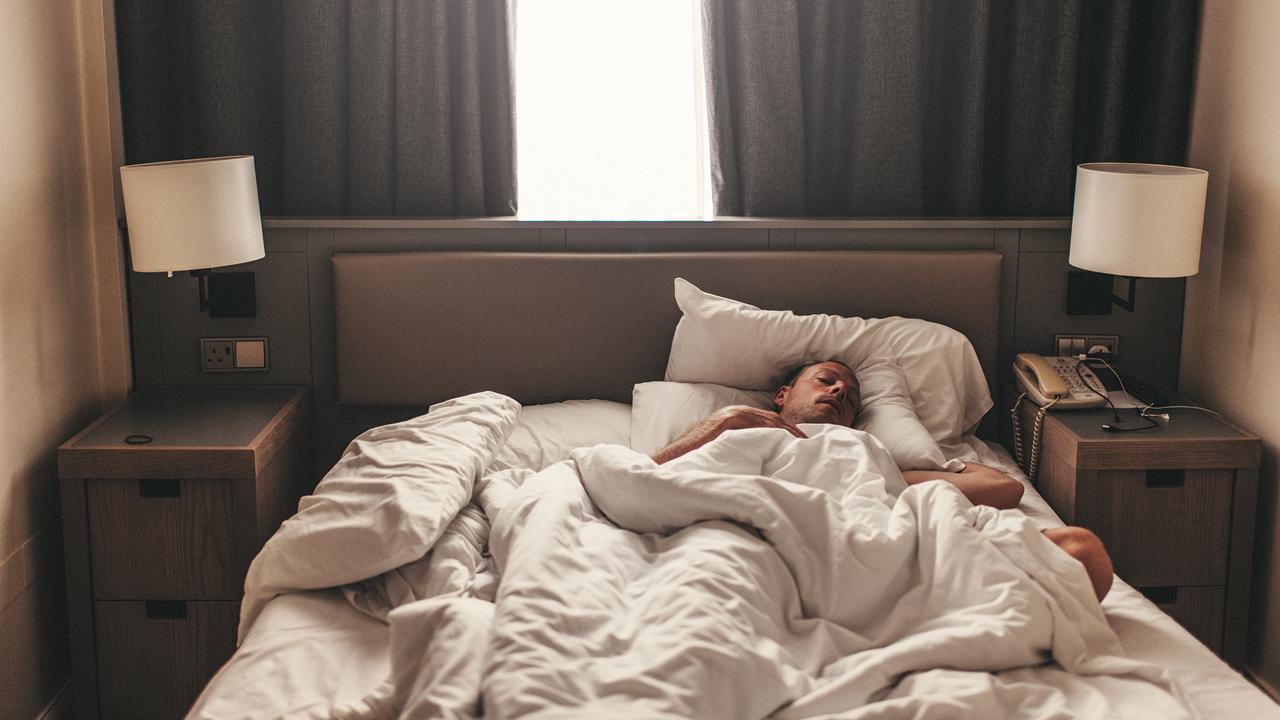
“A combination of excitement and possible elevated cortisol and adrenaline can contribute to restless sleep but if those hormones remain low then sleep can be deeper and more refreshing.”
He even suggests adjusting the feng shui in your room – but just don’t forget to move everything back if you’re staying in a hotel.
Feng shui master of 20 years, Edgar Lok Tin Yung, explains the Chinese geomancy is more than a design tool to make your home look better.
“It’s a powerful ancient practice that has the ability to improve not just the environment within the home, but also the health, wealth and longevity of those living in it,” Mr Yung tells news.com.au
According to recent findings from the HSBC Feng Shui report, it improves health and longevity by 44 per cent and 22 per cent respectively.
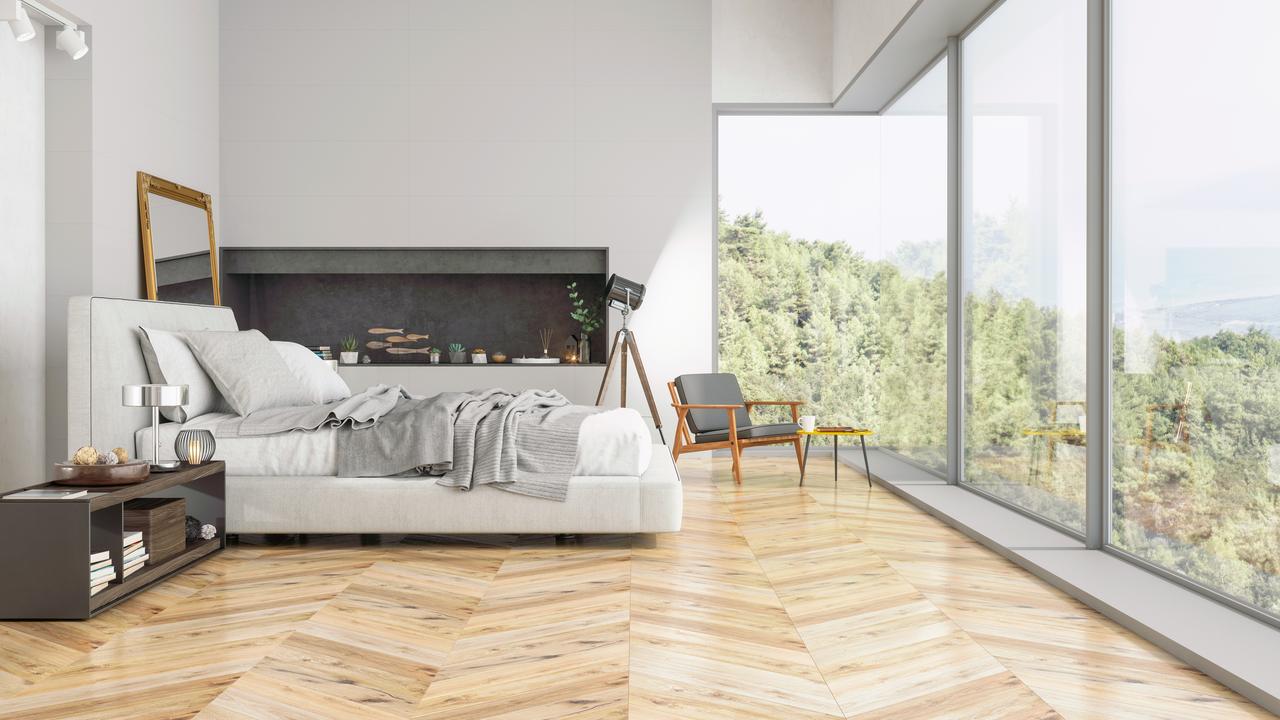
WHAT TO EAT WHEN TRAVELLING
It’s so easy to reach for the sugar-filled and heavy carb-based foods when travelling because let’s be honest, the last thing on your mind is adhering to a super healthy diet.
But experts warn moderation is key – especially if you don’t want to feel lethargic and run down.
“The major foods affecting people’s sleep are the aforementioned carbohydrate family (sugar/starch/alcohol) plus ‘hard to digest foods’ like dense animal proteins,” Mr Werndly said.
He advised the foods to keep to a minimum while travelling is pasta, potato, rice, crackers, noodles, sweet foods, processed foods, high sugar fruits, jams and sweet sauces, fruit juices and soft drinks.
“What you eat especially, will influence your sleep directly tonight and also tomorrow night,” Mr Werndly said.
For him, when consuming a bowl of pasta at night, such as a carbonara, he has troubles falling into a deep sleep.
When tracking his sleep (through the Huawei Watch GT2), Mr Werndly notices a decreased deep sleep with two wake up periods and an elevated light sleep time.
“So the balance can tilt into a negative swap or trade off between light and deep sleep,” he said.
“A low carb high plant-based diet is optimal (when travelling). An example would be steamed low carbohydrate vegetables with smoked salmon and a guacamole sauce.”
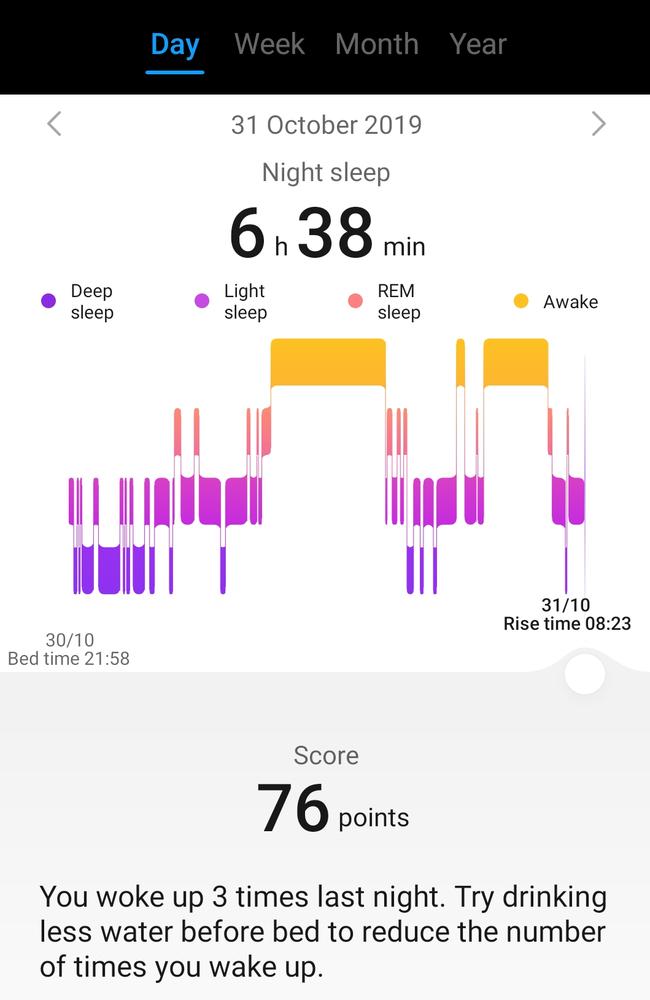
If you’re the type to reach for something sweet, Mr Werndly suggests dark chocolate (78 per cent), with ideal fruits being the berry family.
According to Australian sleep specialist, Olivia Arezzolo, eggs are also the way to go.
“Evidence in academic journal Nutrients notes eggs contain high levels of amino acid tryptophan, this protein sub-unit is required to synthesise melatonin (sleepiness promoting hormone),” Ms Arezzolo told news.com.au
“Specifically, eggs contain more melatonin promoting factors over meat, suggesting swapping the burger or steak for an egg-based dish.”
And if you can, it is recommended try cap your eating by 8pm.
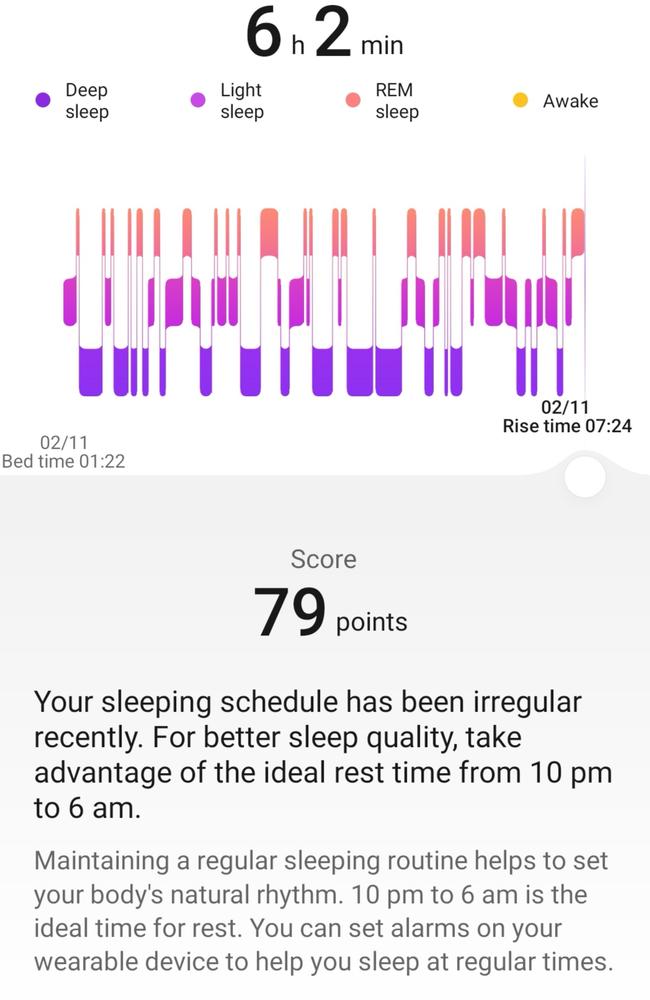
DRINKS
When it comes to what you should be drinking – it’s less soft drinks and fruit juices, and more camomile tea.
According to the Molecular Medicine Reports, it contains the compound Apigenin, enhancing relaxation and feelings of ease.
Unfortunately, if you’re a coffee drinker, you may want to reconsider having too much of it while on holidays. It’s a tough call but sleep specialist Olivia Arezzolo said it is linked to poor sleep quality
”Studies show caffeine, promoting the production of cortisol, a neurotransmitter to increase alertness, is linked with poor sleep quality,” Ms Arezzolo told news.com.au
The academic journal Nutrients reports Australian adults struggling with quality sleep have on average two cups of coffee more than those who do not.
“Caffeine is not merely found in coffee though – black and green tea, chocolate, cola and non cola drinks are all sources,” Ms Arezzolo said.
“Consequently, you should reconsider that chocolate cake or espresso post dinner.”
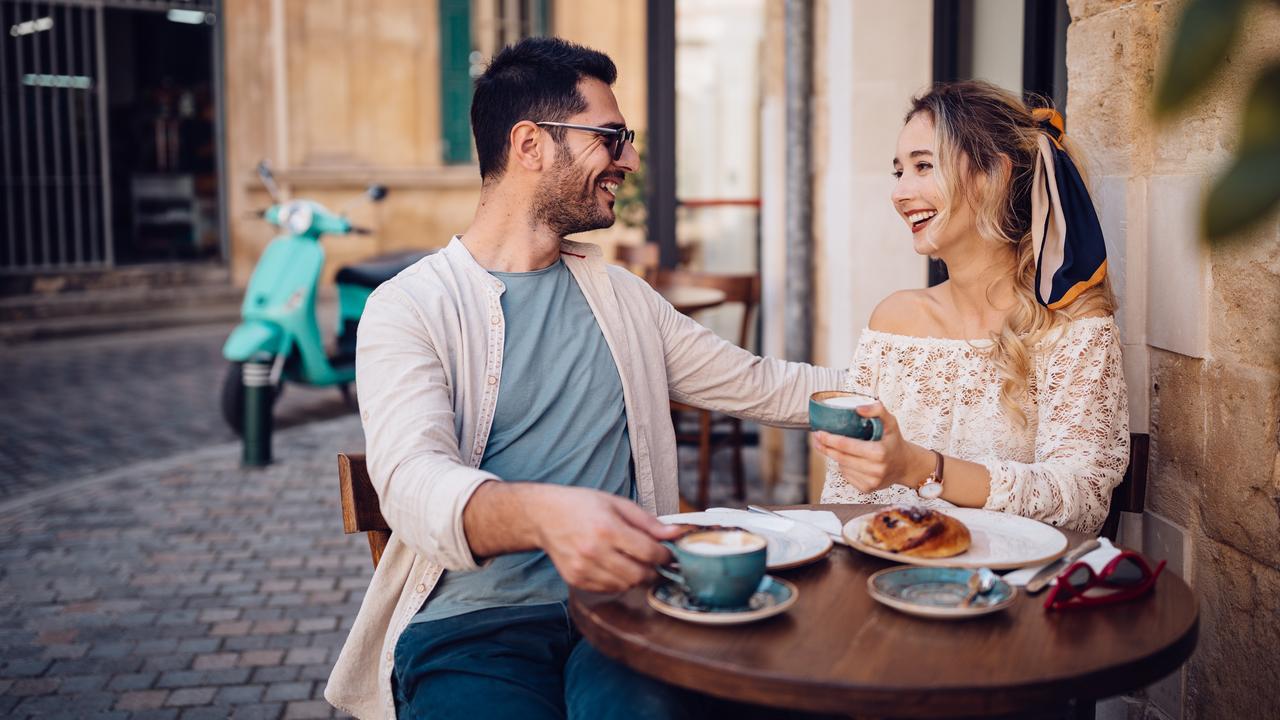
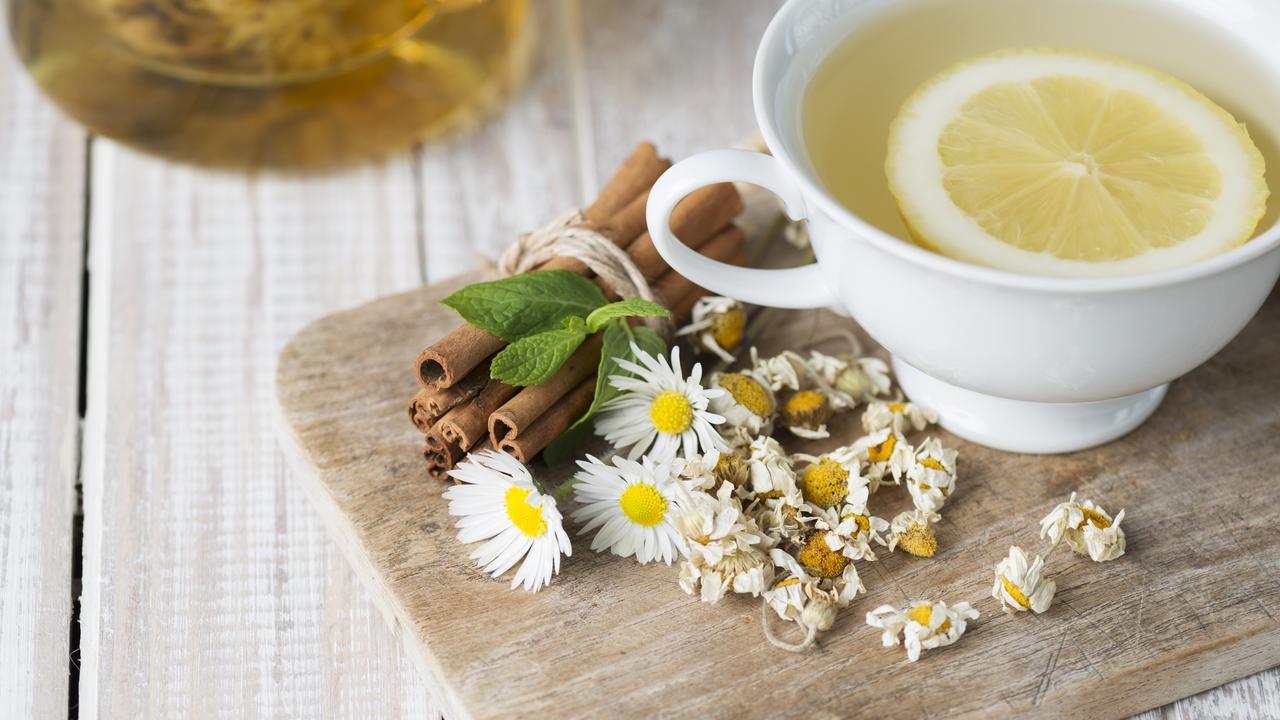
SUGAR
Sugar is said to be linked to poor sleep, according to the Advances in Nutrition report, including increased evening awakenings.
“With many meals eaten at restaurants while holiday, it’s essential to ask for dressings and sauces on the side; as these are typically high in sugar – sweet chilli sauce has a 48 per cent sugar content for example,” Ms Arezzolo said.
“Granola, muesli bars, and even health bars are often loaded with sugar. Even if these sugars are from natural sources such as dates, honey or agave, the body digests these sugars the same way as it does refined sugars, as found in chocolates and cakes. Result? You’ll still adversely affect your sleep, and struggle to feel fresh in the morning.”
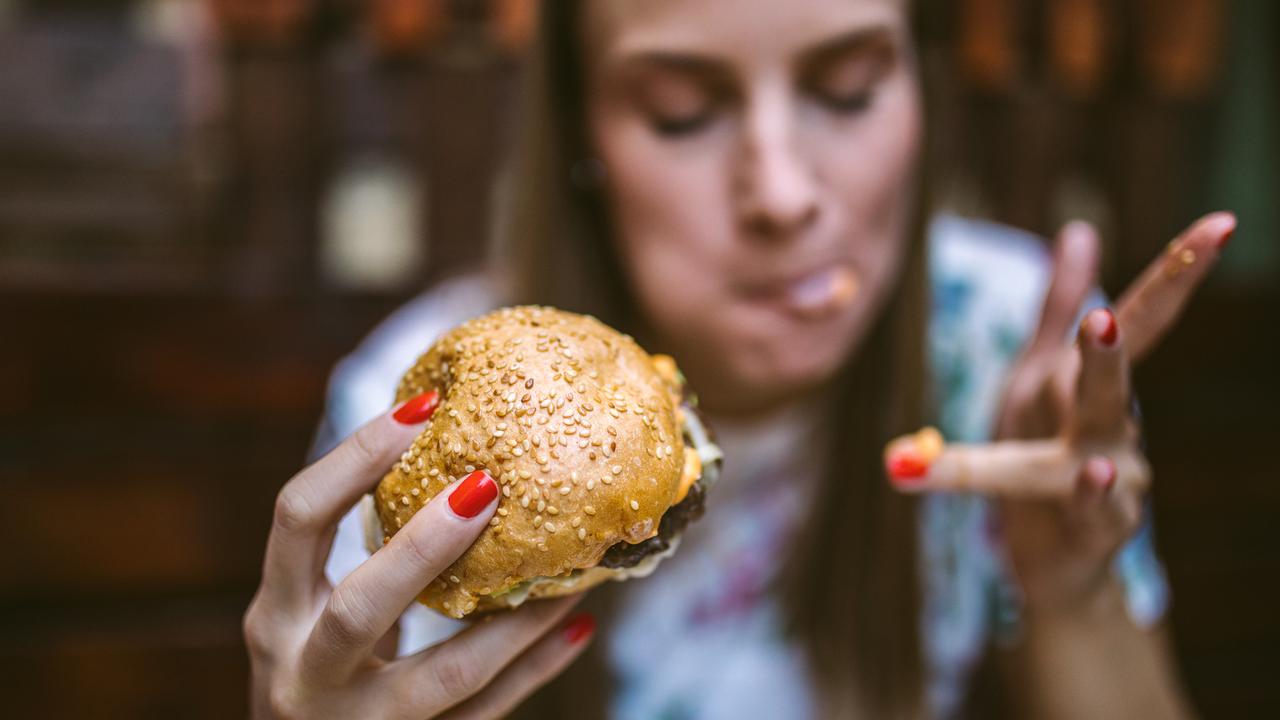
WHAT IS THE PERFECT NIGHT’S SLEEP
According to Mr Werndly, the perfect night’s sleep is an elevated amount of deep sleep of up to 50 per cent and 60 per cent of your total sleeping time.
However, he admits it can be a challenge (especially while travelling).
“Light sleep is ideally around 30 per cent of your total sleep time and a moderate amount of REM (Rapid Eye Movement) sleep should be around 20 per cent.”
He recommends a total sleeping time of around six to eight hours unbroken, each night.
“Two to three accumulative hours of deep sleep per night is highly therapeutic. I have personally noticed (through the Huawei P30 sleep monitoring app) that if I consume pasta, potatoes or rice at dinner time my sleep is adversely affected,” Mr Werndly said.
“It also provides valuable insight into monitoring your health, activity and stress levels and how they directly relate to your sleeping patterns – especially in the areas of light sleep and the super important unbroken deep sleep times.”
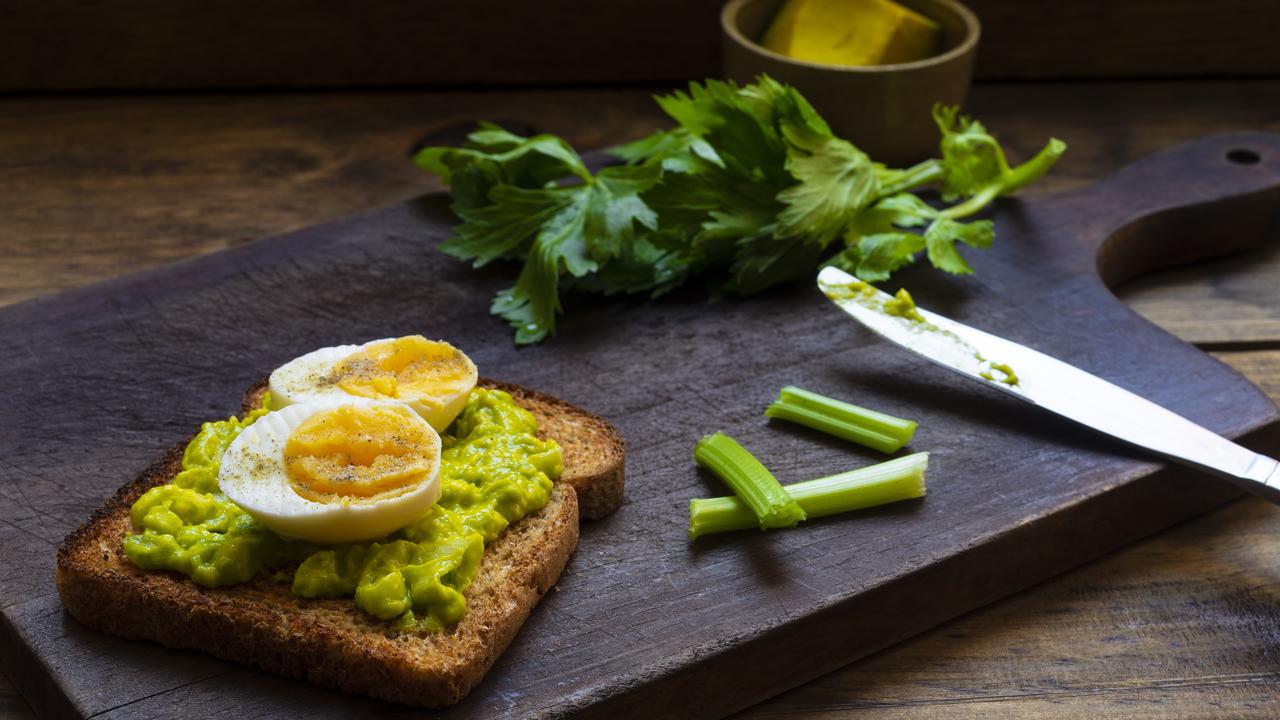
‘DEEP SLEEP ENABLES FAT LOSS’
Ms Arezzolo said with inadequate sleep, we have an 28 per cent increase in ghrelin, the neurotransmitter to make us hungry, and an 18 per cent decrease in leptin, the neurotransmitter to make us feel full.
“Research shows a 55 per cent increase in fat loss while on a calorie controlled diet when sleeping 8.5 hours rather than 5.5.”
“With no differences in individuals (both research conditions were executed with the same individuals over different periods of time), no adjustments to diet and controlled movement patterns, the sole difference was sleep.”
Mr Werndly added that when your body is at its most rested level (deep delta sleep) it performs at its highest level in the areas of detoxification, tissue repair, muscle building and fat (lipid) burning.
“Your body is actually in a ‘fasted’ state at night. This time and these metabolic processes are vital for your overall health, wellbeing and homeostasis.”
Ms Arezzolo said it is important to be mindful to eat a light, early dinner.
“Minimise sugar and all sources of caffeine — say no to that chocolate cake for dessert in favour of a camomile tea with stevia — and you’ll wake up feeling rested rejuvenated and ready for the day ahead,” she advises.


